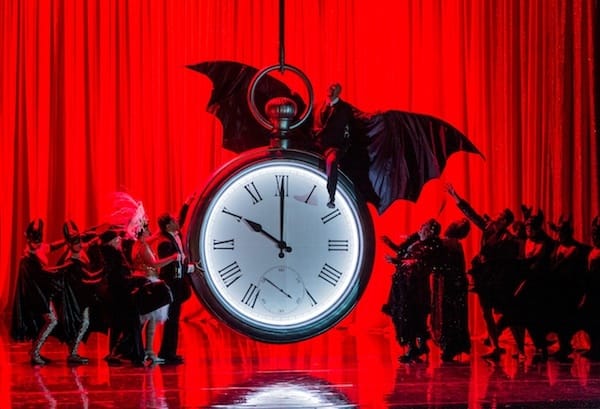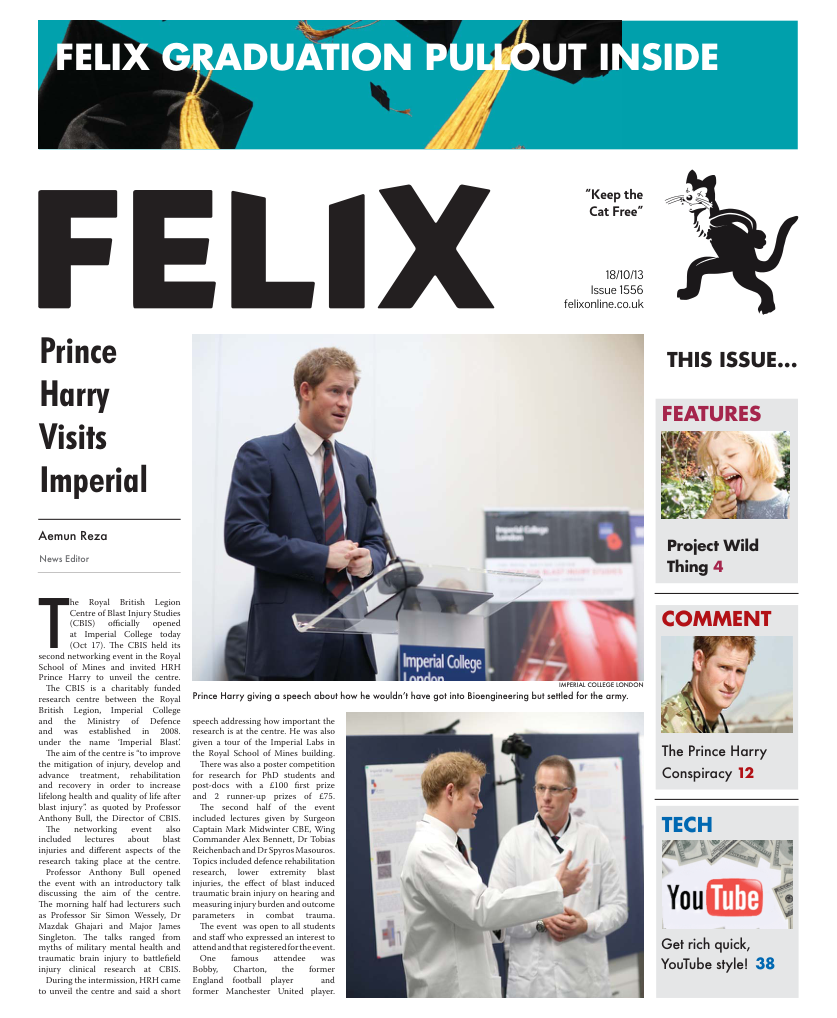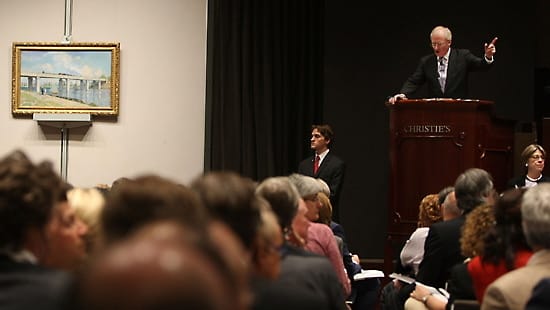Die Fledermaus goes batty
Emiel De Lange reveals the disastrous results from ENO’s operetta

What: Die Fledermaus with the English National Opera Where: London Coliseum When: Until 6th Nov 2013 Price: Various
Die Fledermaus, the Bat, is an operetta by the king of the Viennese waltz, Johann Strauss Jr. Operetta, the ancestor of today’s musicals, is an entirely different affair from opera. The plots are frivolous and funny and mostly carried through dialogue with punctuating musical numbers. Through its development in the 19th century it became extremely popular for its crude humour, which bordered on the pornographic. Eventually even professional and ‘serious’ opera houses began to stage operetta, albeit in a toned-down style.
When Strauss entered the scene and made the operetta famous in Vienna, the plots were less crude; they were funny for their parodying of social values. The music he wrote was more refined and typically Viennese with waltzes, polkas and other dances in the style that brought him fame in the casinos and ballrooms.
Die Fledermaus is his masterpiece operetta and the plot is suitably absurd; in revenge for a past practical joke, Dr Falke invites Eisenstein, who is wanted by the police, to a ball where he must be disguised. Dr Falke also invites Eisenstein’s wife, his maid and the prison governor, all in disguise. At the ball there are some awkwardly funny encounters, but overall the mood is celebratory and the company sings a tribute to the “king of wines”, champagne. By the final act, everyone finds themselves in prison where the jailor too is drunk, but the prank is revealed and everyone lives happily ever after. Usually this is a hugely funny and cheerful event, but not so at the English National Opera. Director Christopher Alden has tried to elevate this operetta into the ranks of the most profound of German opera, with disastrous results. This is a production in complete conflict with itself; the tension between the light-hearted plot with its sparkling waltzes and the dark and serious aesthetic of the production are stark and irresolvable.
The ever-present bed and the immobile hands of the clock suggest that the action is taking place in someone’s dream. From this pours forth a series of bizarre sequences, always surreal, occasionally funny, but sometimes actually horrifying. Large sections are confusing, the dialogue barely making sense given the on-stage action. Larger stretches still are bleak and depressing. The entire final act is a black abyss through which any trace of humour is sucked as we watch police officers (suspiciously resembling the Gestapo) beat people and point guns threateningly.
Given the staging, the music hardly seems worth mentioning; though played well enough it could hardly be called a waltz at such fast speeds. The cast performed admirably, and I am sure the fault for the rather cold interpretations lies with the director. Alden has tried to find and present a psychological subtext where perhaps there isn’t one, and in the process has assassinated operetta. It may have been possible to find interesting truths here if I’d taken my psychoanalysis textbook and a pen, but the ENO has published the greatest possible of untruths in their own description of the production: “Light-hearted and colourful”. That is everything it was supposed to be, but also everything it wasn’t. My advice would be to avoid this.






